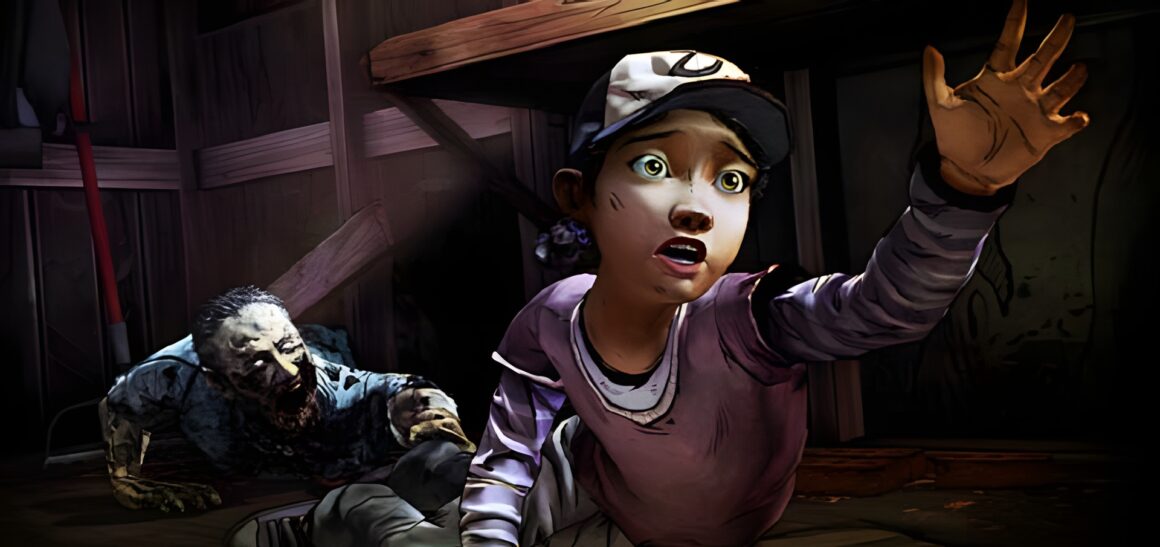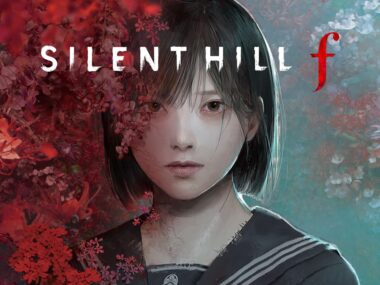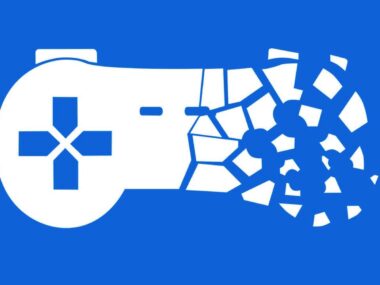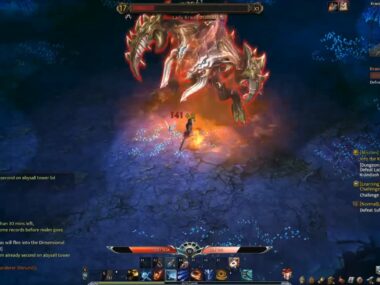At first, episodic releases in games felt like a fresh way to tell stories. Mirroring the pacing of television, it gave us time to reflect, discuss, and speculate. But over time, the format has worn thin. Now I find myself asking: what’s the point of releasing a story this way in games at all?
Why Episodic Releases Work on TV But Not in Games
Episodic content isn’t a new concept. It thrives in television because it’s designed around consistency and immediacy. You get a new episode every week, right on schedule. Shows are typically 30 to 60 minutes long, optimized for evening viewing, and entire seasons are often completed within a year.
Even so, binge-watching has taken over. Services like Netflix release full seasons all at once. People overwhelmingly prefer watching shows on their own terms. Waiting on episodes to release is no longer part of the entertainment experience. It’s a nuisance. If there is an option to wait, many people prefer to wait until everything is released.
That’s the first red flag for episodic games: they’re already starting from behind in a market where patience is wearing thin.
Games Stretch Time… and Test Loyalty
In gaming, episodic content is an entirely different beast. Episodes can be months apart. Seasons, even longer. Sometimes, developers don’t even confirm if there will be another season. That creates a massive problem: it’s hard to stay emotionally invested in characters or stories when years go by without closure.
Take The Wolf Among Us as an example. Season one ended in 2014. Fans waited years for news about a sequel. The Walking Dead season two spanned half a year in 2014. By 2016, season three hadn’t even been announced. How long are players expected to wait, and more importantly, care?
In a market flooded with new games, the answer is: not long.
When the Wait Isn’t Worth the Cost
It’s not just about time. It’s about value. With Star Wars: The Old Republic – Knights of the Fallen Empire, content was released monthly to subscribers. But the story felt padded out, stretching what could’ve been delivered efficiently in one package. At $15 a month, a one-to-two hour episode doesn’t feel like a worthwhile return on investment. Especially when there’s nothing else in the game keeping you hooked.
This kind of artificial pacing isn’t new. TV shows do it too. Thirteen episodes where only five feel essential. In gaming, though, the stakes are higher. Players are paying for that time. They’re expected to log in, stay subscribed, and remain excited… indefinitely. Eventually, that enthusiasm burns out.
When Does It Make Sense to Wait?
As someone who shares gameplay and commentary with an audience, I started wondering: should I cover these games as they release, or wait until the full season is out? Would my viewers prefer timely updates or a more complete, satisfying experience?
The more I thought about it, the more I realized the answer wasn’t about timing. It was about trust. If developers can’t commit to a clear schedule or deliver meaningful content with each release, then what’s the point of playing along? Episodic gaming starts to feel less like creative storytelling and more like a strategy to stretch thin content and inflate the price.
Episodic Games Need to Evolve or End
Episodic storytelling can work in games but only when developers respect the player’s time and money. That means:
- ✅ Clear, consistent release schedules
- ✅ A full season’s story mapped out from the start
- ✅ Episodes that provide satisfying, self-contained experiences
- ✅ Transparent communication about future seasons
Without these, episodic games aren’t just frustrating, they’re outdated. As a player and content creator, I’m no longer interested in waiting years for closure. From now on, I’d rather play once the full story is complete.
I suspect I’m not alone.
📌 Changelog
- May 31, 2025: Article re-written to narrow focus. Image upscaled for better quality.
- May 2, 2016: Original article posted






